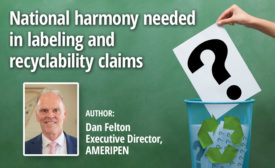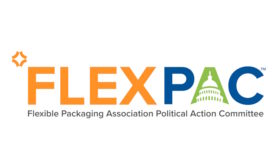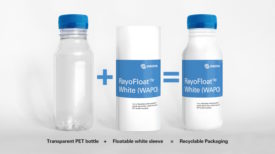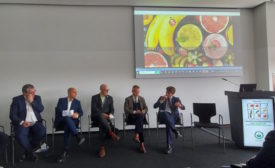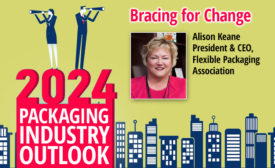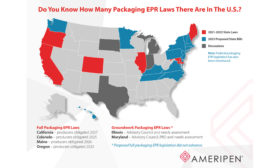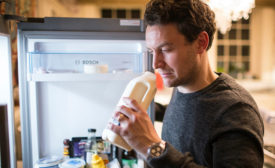Home » packaging regulations
Articles Tagged with ''packaging regulations''
Our federal government can play a transformative role in improving packaging recycling rates by endorsing national standards.
Read More
2024 Packaging Industry Outlook
CPG Firms Gear Up to Meet Recyclability Mandates, Brands’ Sustainability Goals
December 11, 2023
Helping Consumers; Meeting Directives
Today the humble bottle cap carries a lot of environmental responsibility, from helping consumers reduce food waste to meeting EU directives coming down the pike.
July 3, 2023

